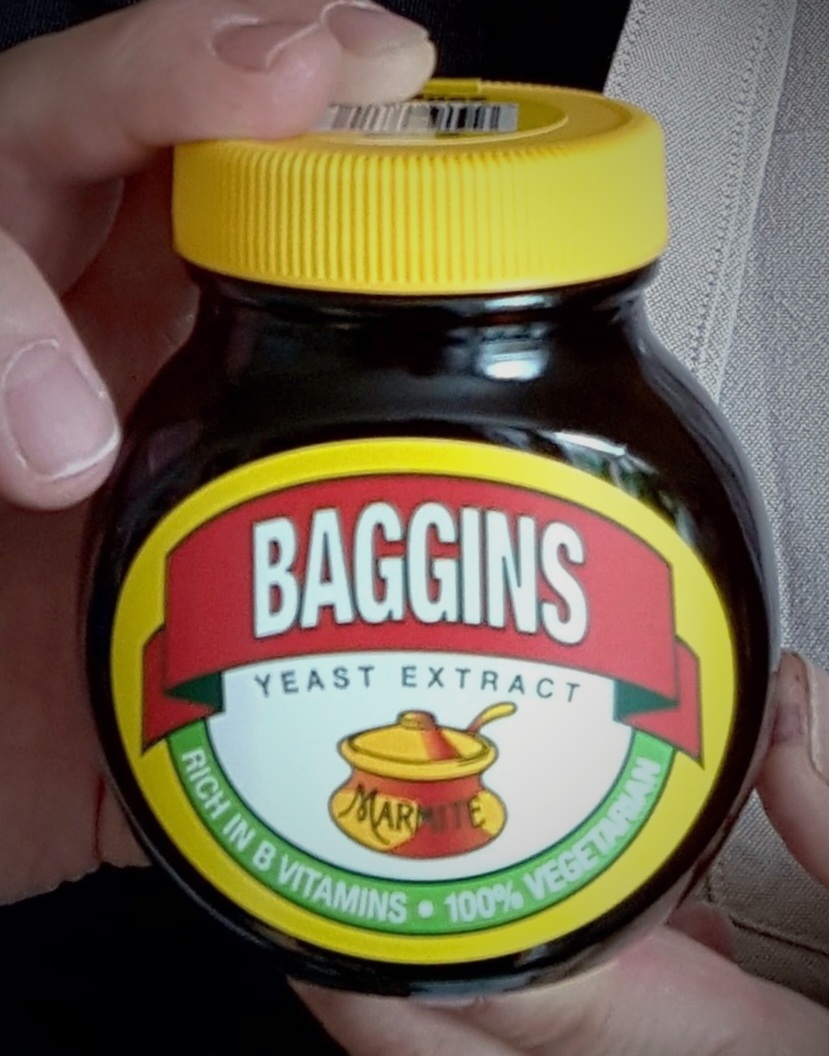
I really don’t get the use of super high resolutions on tiny sensors like that.
Sure, you can have a crazy zoom (aka crop) while still retaining good enough resolution, but at this point?
All the detriments that minuscule, high-res sensors bring about won’t just disappear.
I really don’t get the use of super high resolutions on tiny sensors like that.
The caveat is that the software used to process all that data needs to be good.

pixel binning as a ‘solution’ to a problem which needn’t even exist in the first place.
Well, I fully agree with this article. There is one other good use of binning/supersampling though, and that is better chroma resolution relative to luma.
But even that won’t do much, with all the other shortcomings already present.

But its all about the numbers, like the speed thing we used to/still have on PCs.

It is, and I hate it so much. Like, even a full frame sensor would need some proper ISO magic at 200MP

Haha! Look at those dumb “professional” photographers spending $15k USD on a single 600mm lens that only gives them like 15x zoom. My $1000 phone with 200x zoom will surely beat the crap outta those!
/S

If it were an actual zoom, at least. I was absolutely delighted when I first learned that some phones do in fact have lenses with a variable focal lenght.
Having that 2x zoom through actual optics instead of it being a cropped image is fantastic, gotta say. I really want my next phone to have that, so that zooming is actually useful.

Statistical photography aka computational photography aka supersampling. Statistically bin together number of smaller pixels to cut the amount of noise to create picture of a lower resolution than sensor level, but better quality.

Federation had a hiccup there, I’m only seeing your reply now
Supersampling is definitely something interesting, but up to what point? On a sensor this small, even something like 48 sampled to 12 already suffers to a degree where I would stop calling it useful.
Don’t get me wrong here, I can see the use first hand on my own phone. My second lens for night mode does 20MP to 5, and while the image is brighter than the main lens, it’s just as grainy, and a much lower output resolution too.
Now granted, my phone is a few years old now, and modern devices surely have better sensors, but no amount of trickery will make up for those physical limitations.

The glass on the lens doesn’t even resolve that much resolution. I doubt it’s even physically possible to make a piece of glass that perfect. There is a reason people still buy medium format cameras over full frame, the glass elements can be larger and therefore small imperfections are a smaller fraction of the lens. This is also one reason bigger telescopes are always better. Diffraction also kicks in faster with smaller lenses. Even if your glass was perfect, then diffraction of the iris blurs your image.


